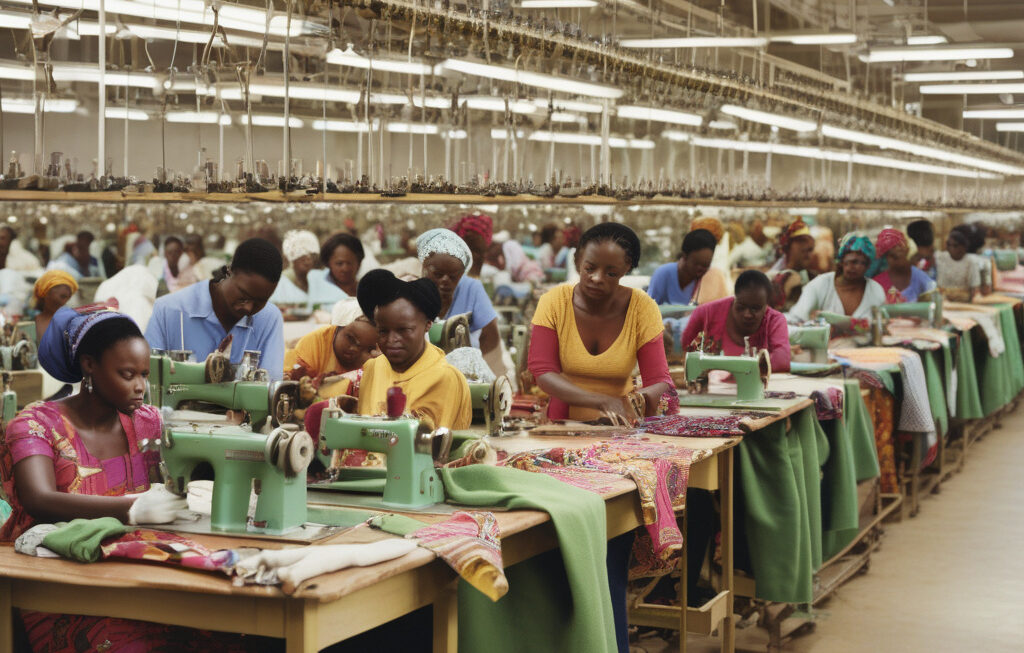Fashion Sourcing Countries Hit by Even More Tariff Uncertainty
In the fast-paced world of fashion sourcing, uncertainties can send ripples through the industry, affecting countries and companies alike. This week’s round-up of global markets fashion business news sheds light on the challenges faced by key players in the supply chain. From Japanese resale giant Valuence to Brazilian footwear exports and the plight of Lesotho’s denim workers, the impact of tariff uncertainty is being keenly felt across the globe.
Japanese resale giant Valuence, known for its unique approach to second-hand luxury goods, is navigating choppy waters as trade tensions escalate. With tariffs looming over key markets, including the United States and China, Valuence is bracing for potential disruptions to its supply chain. As a major player in the global fashion resale market, the company’s ability to source high-quality products at competitive prices hinges on stable trade relations. Any upheaval in tariffs could not only drive up costs but also lead to delays in sourcing, impacting Valuence’s bottom line.
Meanwhile, in Brazil, a leading exporter of footwear, the specter of tariff uncertainty looms large. Brazilian footwear exports have long been a mainstay of the country’s economy, with key markets in Europe and the United States. However, recent trade tensions have cast a shadow over the industry, raising concerns about the impact of potential tariffs on Brazil’s export business. As one of the world’s top footwear producers, Brazil is closely watching developments on the trade front, bracing for potential disruptions that could have far-reaching consequences for the industry.
In Lesotho, a small African country known for its denim manufacturing, the situation is particularly dire. The country’s denim workers, who form the backbone of its garment industry, are facing a disaster as tariff uncertainty threatens to upend their livelihoods. With major export markets in Europe and the United States, Lesotho relies heavily on stable trade relations to sustain its denim manufacturing sector. However, the looming threat of tariffs has created a sense of unease among workers, who fear the potential consequences for their jobs and the local economy.
As fashion sourcing countries grapple with mounting tariff uncertainty, the need for stability and clarity in trade relations has never been more pressing. The interconnected nature of the global fashion industry means that disruptions in one part of the supply chain can have far-reaching effects on businesses worldwide. From Valuence in Japan to Brazilian footwear exporters and denim workers in Lesotho, the impact of tariff uncertainty underscores the importance of a stable and predictable trade environment for the industry to thrive.
As stakeholders across the fashion supply chain navigate choppy waters, finding ways to mitigate risks and adapt to evolving trade dynamics will be key to weathering the storm. Whether through diversifying sourcing channels, exploring new markets, or advocating for trade policies that promote stability, proactive measures can help mitigate the impact of tariff uncertainty on fashion sourcing countries. By staying informed, agile, and collaborative, businesses can navigate the challenges posed by tariff uncertainty and emerge stronger and more resilient in the face of change.
#FashionSourcing, #TariffUncertainty, #GlobalMarkets, #SupplyChain, #TradeRelations











